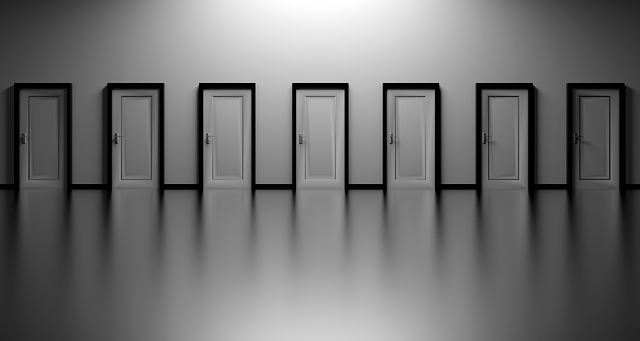Or – is my optimism misplaced?
Smell the lilacs. Kick the leaves. Watch the cat in the window with his lazy paw dangling from the ledge, his ears twitching in the sun. Feel the sun on your face. Smell the air. Nod at the passing parents and their stroller, and the something small and soft and round sleeping inside.
Somewhere there is a car accident. Somewhere there are sirens, shrill and strident. But they are worlds and lives away. Here and now we need nothing but simple existence.
Because people always want something to happen. Need something to happen. (Simply existing in this world is not enough.)
But there is no need to force a plot forward, no need for a catalyst or a deus ex machina. Just the simple beating of an imagination. Just the world around you and all the details that bring it to life. There are people all around, sure. These people have lives – of course things happen to them.
(Car crashes and police sirens.)
But they can happen naturally, normally, without begging for a result. Without video footage, responses, likes, shares.
When something is forced to happen in a world as beautiful as this it cheapens the experience: Like trying to describe/define perfection instead of basking in its glow.
Drama Is So Miserable
It’s been defined as drama like “omg I’m so done with all this drama” and it’s been defined in reality television like Kardashians and looking for eternal love in an elimination game with a poorly-done soundtrack. It’s watching someone else’s life because it lets you escape from your own. It’s comparing and contrasting: looking side to side when/because looking forward induces anxiety.
(Because you haven’t seen that episode yet.)
“Oh they’re doing that like this, there, then, now, how? I guess that’s the basis for my own place in this world.”
A study published by Neuron concluded that we rate our own abilities against the the performance of those around us. Therefore, interacting with high performers makes us feel more capable in cooperative team settings, but less competent in more competitive situations.
AsMarco Wittmann, the author of the study and doctoral student at the University of Oxford, says, “We are wondering whether the brain mechanisms underlying self and other evaluation might be altered in clinical syndromes such as depression, where people can feel helpless when facing their daily tasks. It seems intuitive that people with depression might judge how well they are doing differently compared to non-depressed people…”
(Read more: The Science Of Why Humans Constantly Compare Themselves To Others)
The correlation, then, is those preoccupied with and constantly comparing themselves to others are often unsatisfied, depressed, miserable.
And, those who try and bring others down – the person trying to make you miserable – is simply trying to put you on their level so as to not feel outperformed, outmoded, and, simply, alone in their misery.
Misery Loves Company
It doesn’t stop there; this leads into toxic territory that takes a mental toll. Misery loves company, yes. Those who are miserable seek for anyone and everyone around them to be as miserable as they are, yes. It’s a simple concept and definition:
“People who are unhappy may get some consolation from knowing that others are unhappy too.”
But like Psychology Today asks,
“Does misery love company, or does misery make company equally miserable?”
A study conducted by Chris Segrin, a professor of psychology and communications at the University of Arizona at Tucson found that the roommates of subjects who were severely depressed experienced mood declines over a six-week period, much more so than when living with less-depressed subjects. And, consequently, their moods improved when they spent time away from their depressed counterpart.
As Segrin says, “Emotional contagion doesn’t last for weeks; it is more fleeting and transient.”
But people are reticent to believe this: it’s too easy.
“The idea that you ‘catch’ emotions like you catch the flu is seductively simple and parsimonious.”
(Read more: Misery Loves Company)
While it might be a “chicken or the egg” issue, it has become clear that being subjected to misery as such (full-circle, closed-loop) only perpetuates the problem. And there’s not always an easy answer. Or an answer at all besides removing yourself from that situation, or removing that situation from you.
(Take some time to smell the lilacs. Kick the leaves. Watch the cat in the window with his lazy paw dangling from the ledge, his ears twitching in the sun. Feel the sun on your face. Smell the air. Nod at the passing parents and their stroller, and the something small and soft and round inside…)
A Utopian notion of everyone happy always, or all happy in the same way, is obviously unrealistic. But that’s not what we’re talking about. Tolerating the notion that some people have to be sad in order for others to be happy is patently, veritably false; that is, if we can stop the problem at its source, we can stop it from spreading.


Jordan Green
“ If someone makes you miserable more than they make you happy, it doesn’t matter how much you love them, you need to let them go. unknown. “ The happiest is the person who suffers the least pain; the most miserable who enjoys the least pleasure.